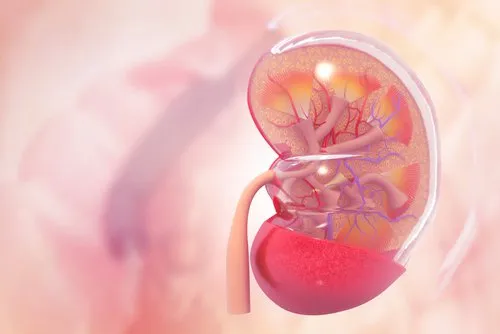Nephrotic Syndrome
Nephrotic syndrome is a sign that your kidneys aren't working right. As a result, you may have High levels of protein in your urine, Low levels of protein in your blood and you may also have high levels of cholesterol in your blood.
Nephrotic syndrome isn't a disease. It's a warning that something is damaging your kidneys. Without treatment, that problem could cause kidney failure. So it's important to get treatment right away.
Nephrotic syndrome can occur at any age. But it is most common in children between the ages of 18 months and 8 years.
What Causes Nephrotic Syndrome?
The kidneys have tiny blood vessels called glomeruli that filter waste and extra water from the blood. Healthy kidneys keep the right amount of protein in the blood. Protein helps move water from the tissues into the blood. When the tiny filters are damaged, too much protein slips from the blood into the urine. As a result, fluid builds up in the tissues and causes swelling.
Nephrotic Syndrome Is Often Caused By:
- A type of kidney disease called minimal change disease (or nil disease). This is the main cause of nephrotic syndrome in children.
- Diabetes. This is the most common cause of nephrotic syndrome in adults.
- Many other things can cause the blood vessel damage that leads to nephrotic syndrome, including:
- Kidney diseases that attack the glomeruli, such as membranous glomerulopathy and focal segmental glomerulosclerosis.
- Diseases such as lupus and certain cancers.
- Infections, such as HIV, hepatitis B, and hepatitis C.
- Medicines such as nonsteroidal anti-inflammatory drugs.
What Are The Symptoms?
Symptoms may include:
- Swelling around the eyes or in the feet or ankles. This is the most common symptom.
- Fatigue.
- Weight gain (from fluid buildup).
- Foam when urinating.
- Loss of appetite.




